Jole Dobe Na (Those Who Do Not Drown) [2020]
Jole Dobe Na (Those Who Do Not Drown) was conceived in response to a prompt given by Raqs Media Collective to think about modes of care and the afterlife of caregivers. In an empty hospital in Kolkata, a man faces protocols of blood, a subtly discriminatory office, and a vacant operating theater. His mind is on a loop of the last months of his wife’s life when a quiet argument developed. When is the end of pharma-medical care, whose life is it anyway? They were an estranged couple, thrown back into intimacy by an unknown illness. Even in a dream world of his making, the paranoia of infection is twinned with a hesitant intimacy.
The film revisits themes from the earlier Tripoli Cancelled (2017): family unit as locus for pain-beauty dyads, abandoned buildings as staging ground for lost souls, and the necessity of small prevarications to keep on living. In Tripoli, the boredom of daily life is punctuated by letters to an invisible wife, and endless readings of Richard Adams’ dark children’s book Watership Down. In Jole, a memory of final days is kept alive by the partner, and the book readings are from Syed Mujtaba Ali’s stories of Europe between the two wars.
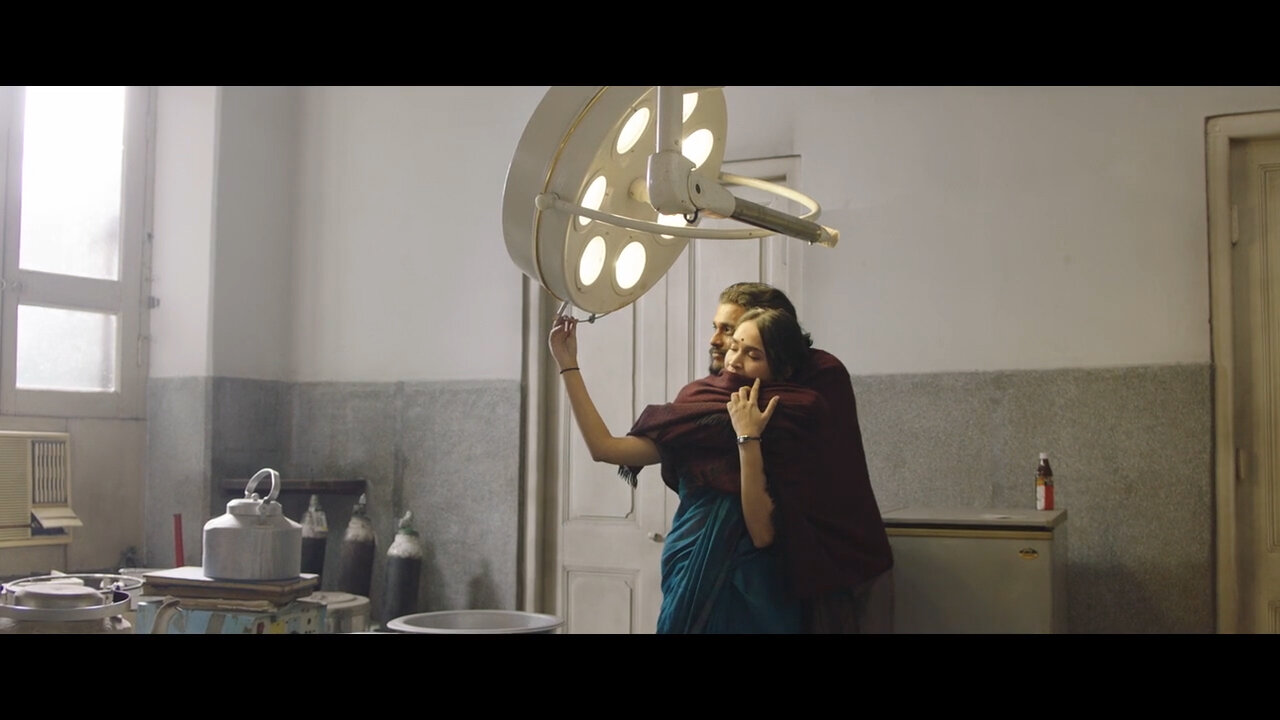
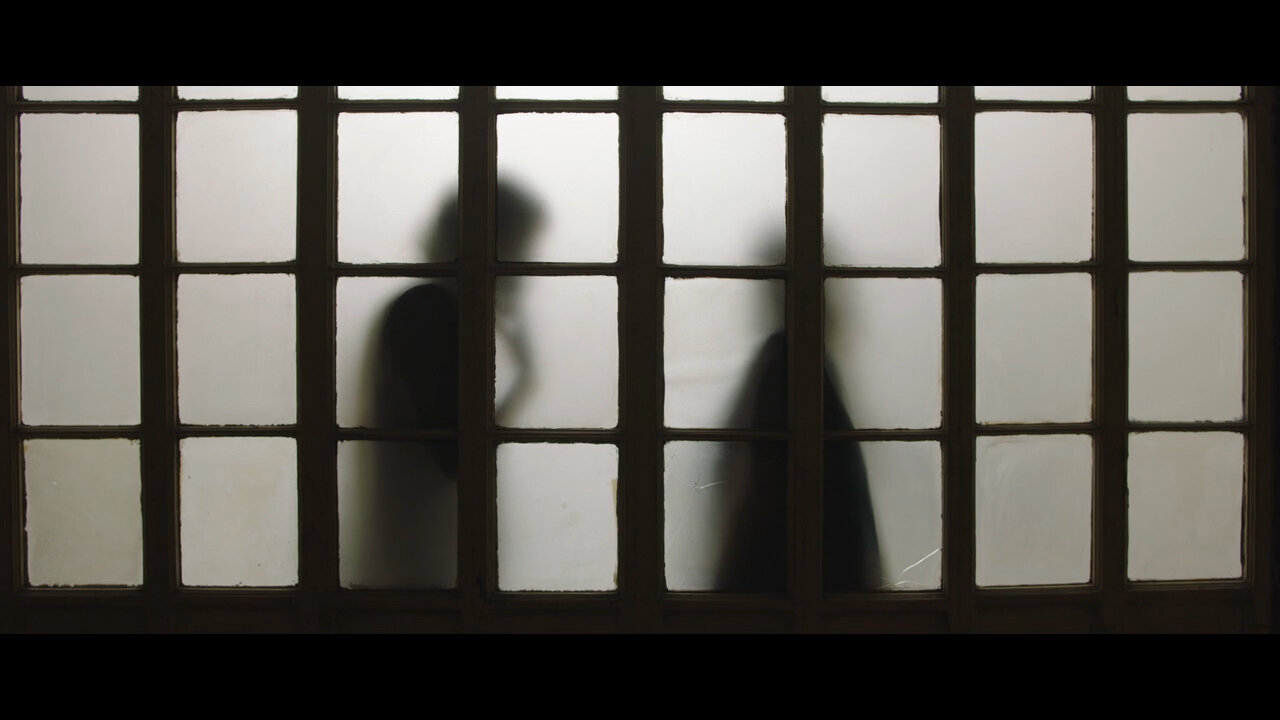
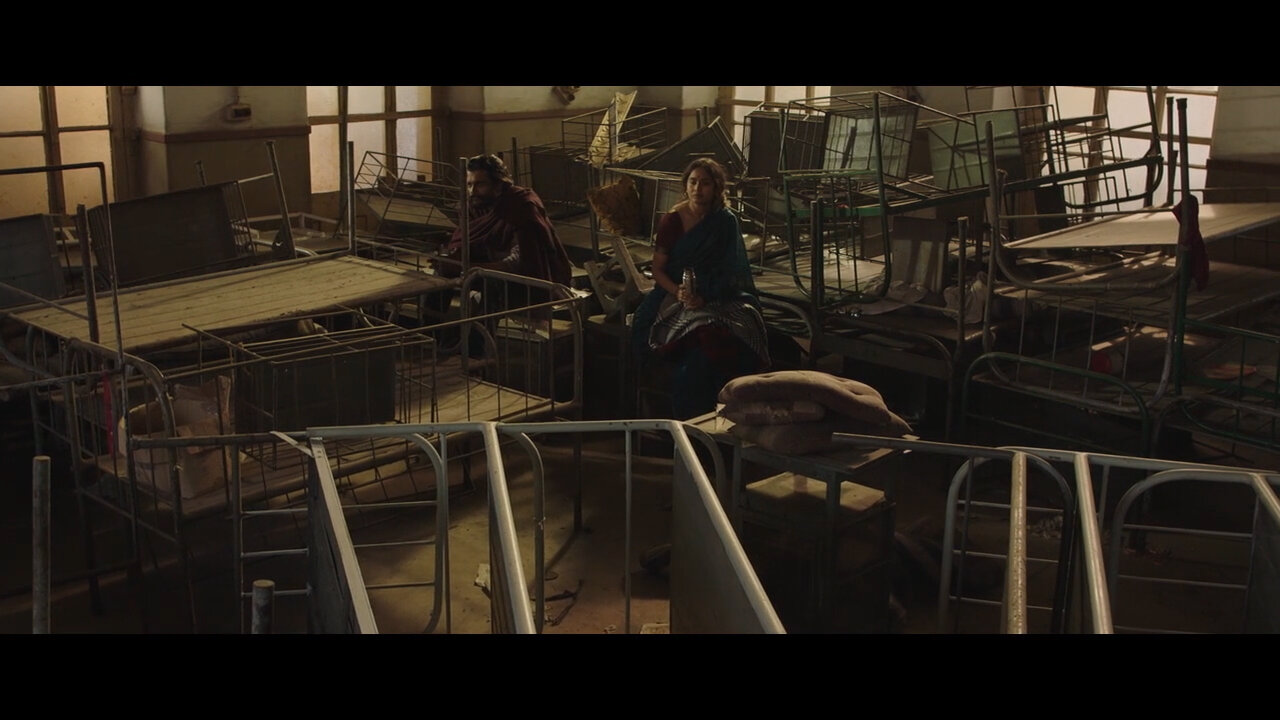
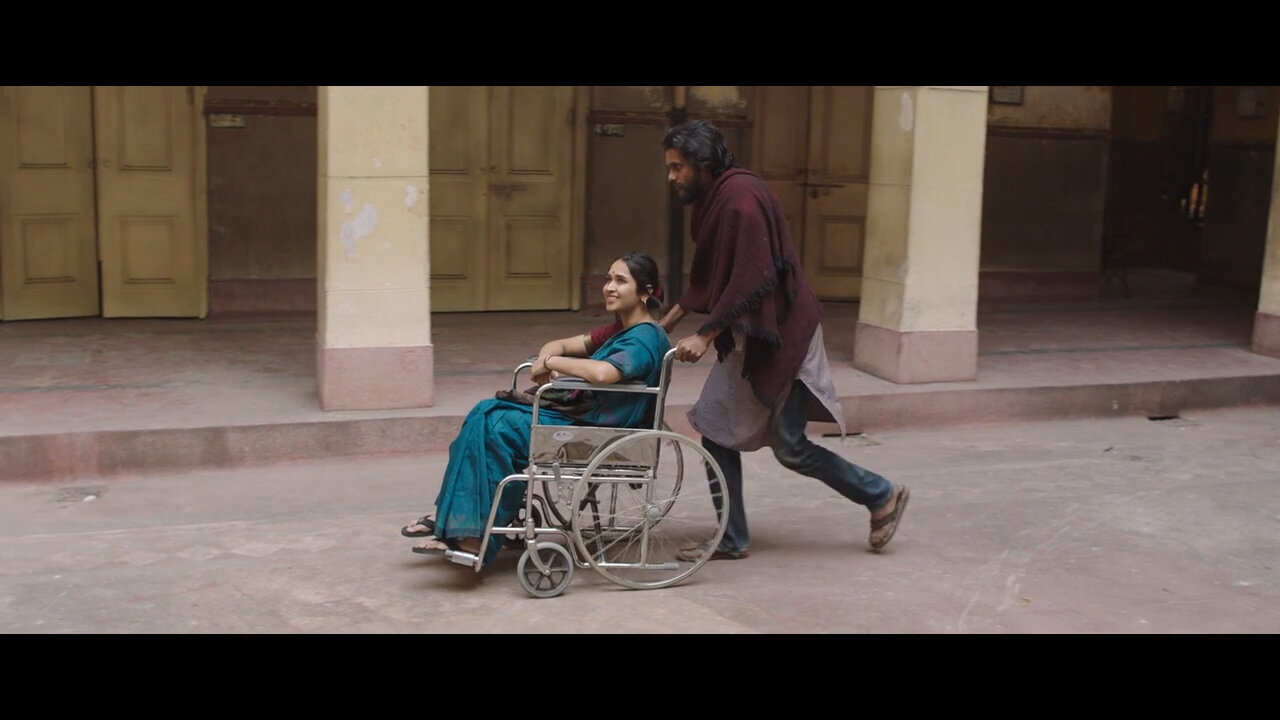
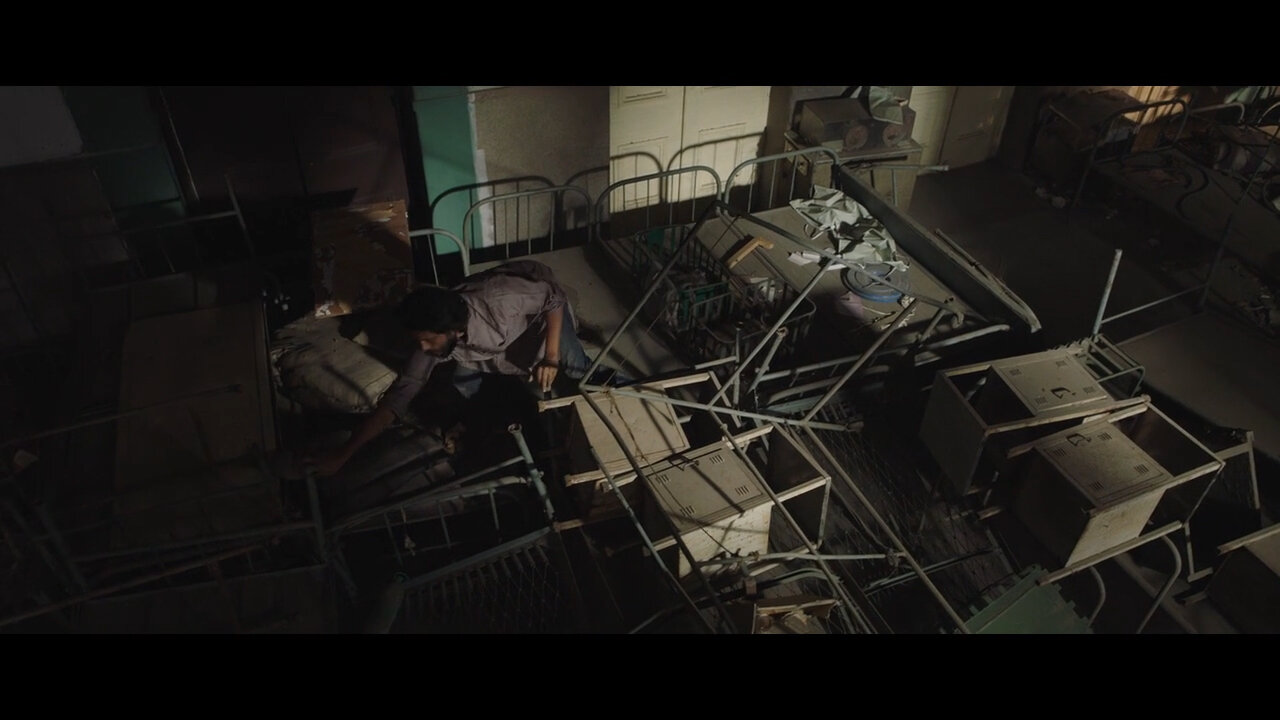


KEY EXHIBITIONS
Tokyo, Japan
Experimental Film Culture Vol. 6, 2025
Basel, Switzerland
Basel Social Club, 2024
Ithaca, USA
The Institute for Comparative Modernities, Cornell University, 2024
Umea, Sweden
“Jole Dobe Na,” Bildmuseet, 2021
Moderna Museet, 2021
Berlin, Germany
51st Berlinale, Forum Expanded, 2021
Delhi, India
Experimenter @ Bikaner House, 2021
Kolkata, India
Kolkata Premiere, Experimenter, 2021
Yokohama, Japan
2020 Yokohama Triennial, “Afterglow,” World Premiere , 2020
PRESS
Ocula, “[A] dreamlike and meditative story about loss and care.” (Katarina Pierre, 2021)
Deutsche Welle, “[The film] mirrors the sense of disorientation and loneliness that most of us face, especially those who care for the sick.” (Manasi Gopalakrishnan, 2021)
Mint, “[A] pensive, melancholic reverie about mortality, and all the more relevant as covid-19 has rendered most of us either caregivers or bereaved.” (Meenakshi Shedde, 2021)
ASAP art, “Edited during the lockdown phase, Mohaiemen distils distances, climates, borders and prose into a concentrated space of intimacy shared by the characters. The film's narrative is ultimately about the refusal of medical care in resistance to grand narratives of science—viewed by an audience that currently lives in the hope of a scientific breakthrough to resolve a viral malady.” (Najrin Islam, 2021)
Tavros “Mohaiemen challenges the authority of the medical gaze upon the experience of patients…” (Eleni Riga, 2021)
BioScope, “[A] record of loss, linking memory and affect with physical detritus and the dissolution of the archive.” (Supriya Chaudhuri, 2021)